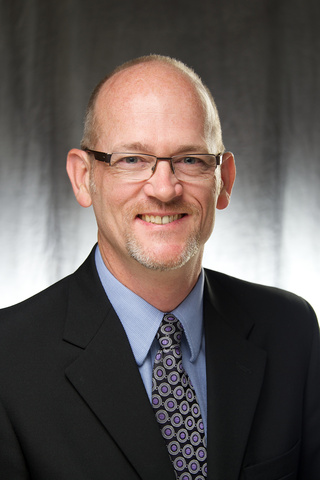Donald D. Anderson, PhD, a professor of orthopedics and rehabilitation in the University of Iowa Carver College of Medicine and a pioneer in orthopedic research and training, is being recognized as one of the top medical and biological engineers in the country.

The American Institute for Medical and Biological Engineering (AIMBE) has elected Anderson to its College of Fellows, a distinction given to the most accomplished and distinguished researchers, educators, and entrepreneurs who are recognized for their contributions in teaching, research, and innovation. Anderson was particularly recognized for his work involving computational analysis and modeling of how mechanical factors in the musculoskeletal system influence clinical outcomes in orthopedics.
Anderson, who is the Richard and Jan Johnston Chair of Orthopedic Biomechanics and Vice Chair of Research in the Department of Orthopedics and Rehabilitation, performed fundamental research to provide a better understanding of how abnormal joint mechanics contribute to the development of osteoarthritis, one of the most common causes of disability in adults.
His work has resulted in novel technologies that provide objective mechanical indices of injury severity following articular joint trauma. Additionally, he has described how chronic contact stress mechanically challenges the fractured joint surfaces and quantified post-traumatic osteoarthritis risk. This research has garnered several top research awards, including the Orthopaedic Research and Education Foundation Clinical Research Award, the American Society of Biomechanics Clinical Biomechanics Award, and the Kathryn Cramer Outstanding Clinical Paper Award from the Ruth Jackson Orthopedic Society.
As an educator and mentor, Anderson has used his engineering expertise to advance surgical skills training using simulation technology. His collaboration with orthopedic surgeons has produced an education and research program to train surgical skills better and more safely in orthopedic resident physicians. This simulator has been integrated into the Orthopedic Trauma Association’s twice-annual resident’s comprehensive fracture courses. Using this technology, more than 500 residents in orthopedic surgery have now improved their surgical skills before performing surgery on patients.
Anderson will join 152 other fellows at AIMBE’s induction ceremony on March 25.